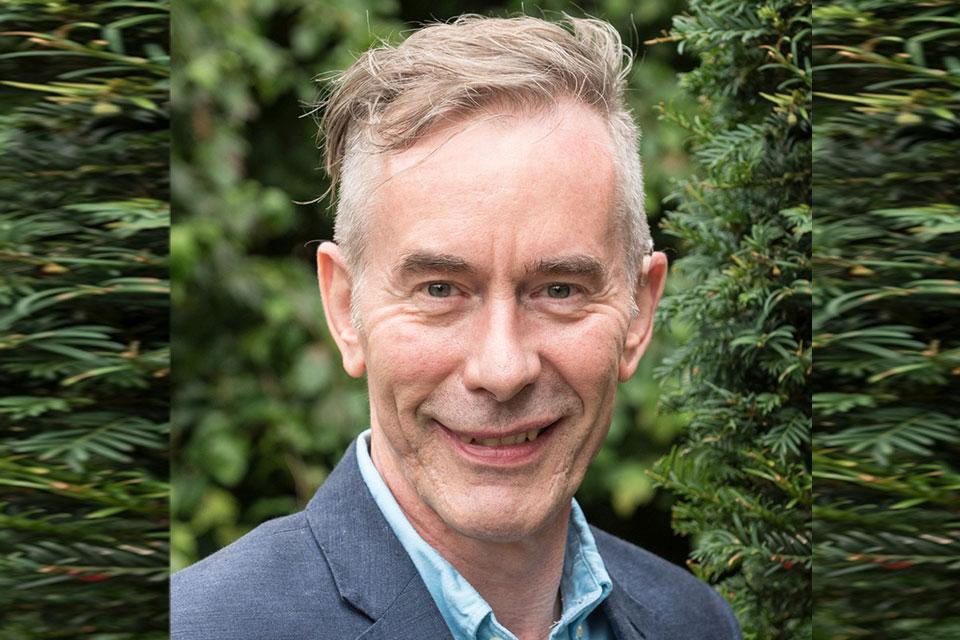Ian Shipsey, Henry Moseley Centenary Professor of Experimental Physics and Head of Department, has been elected Fellow of the Royal Society for his work in experimental particle physics.
Professor Shipsey is a particle physicist distinguished for contributions to the flavour problem, the Standard Model‘s inability to explain three generations of fermions. He made crucial contributions to the most precise determination of four of the nine weak force quark couplings (with CLEO/CLEO-c at Cornell), observed rare b-quark decay processes (with Compact Muon Solenoid [CMS] at the Large Hadron Collider) and contributed to evidence for Higgs-field generation of the muon mass (with ATLAS at the Large Hadron Collider), first measurement of LHC b-quark production (CMS); and Upsilon suppression in heavy-ion collisions, providing evidence for the Quark-Gluon Plasma (CMS).
To enable these measurements, he constructed silicon cameras for CLEO and CMS, and currently ATLAS. Instrumental to the approval and success of CLEO-c, he was thrice elected CLEO/CLEO-c co-leader. Ian co-led the LHC Physics Center at Fermilab. Leveraging his silicon expertise, he pioneered US DOE particle-physics involvement in Rubin/LSST, and contributes to development of its 3-gigapixel CCD camera. He was instrumental in developing UKRI’s Quantum Technologies for Fundamental Physics Programme.
‘It was humbling to learn of this award,’ comments Professor Shipsey. ‘Experimental particle physics is a manifestly collective endeavour. I am incredibly fortunate to work with brilliant, dedicated and inspirational colleagues: students, post docs, technicians, engineers, lab scientists, faculty and administrative staff from several parts of the subject from Oxford, the UK, the US, and across the globe. They have worked so hard together over many years, united in their passion to make progress toward answering some of the great science questions and developing the tools to address them, achieving the scientific results recognised today. I would like to share this recognition with all who contributed.’
Sir Adrian Smith, President of the Royal Society said: 'It is an honour to welcome so many outstanding researchers from around the world into the Fellowship of the Royal Society. Through their careers so far, these researchers have helped further our understanding of human disease, biodiversity loss and the origins of the universe. I am also pleased to see so many new Fellows working in areas likely to have a transformative impact on our society over this century, from new materials and energy technologies to synthetic biology and artificial intelligence. I look forward to seeing what great things they will achieve in the years ahead.'

